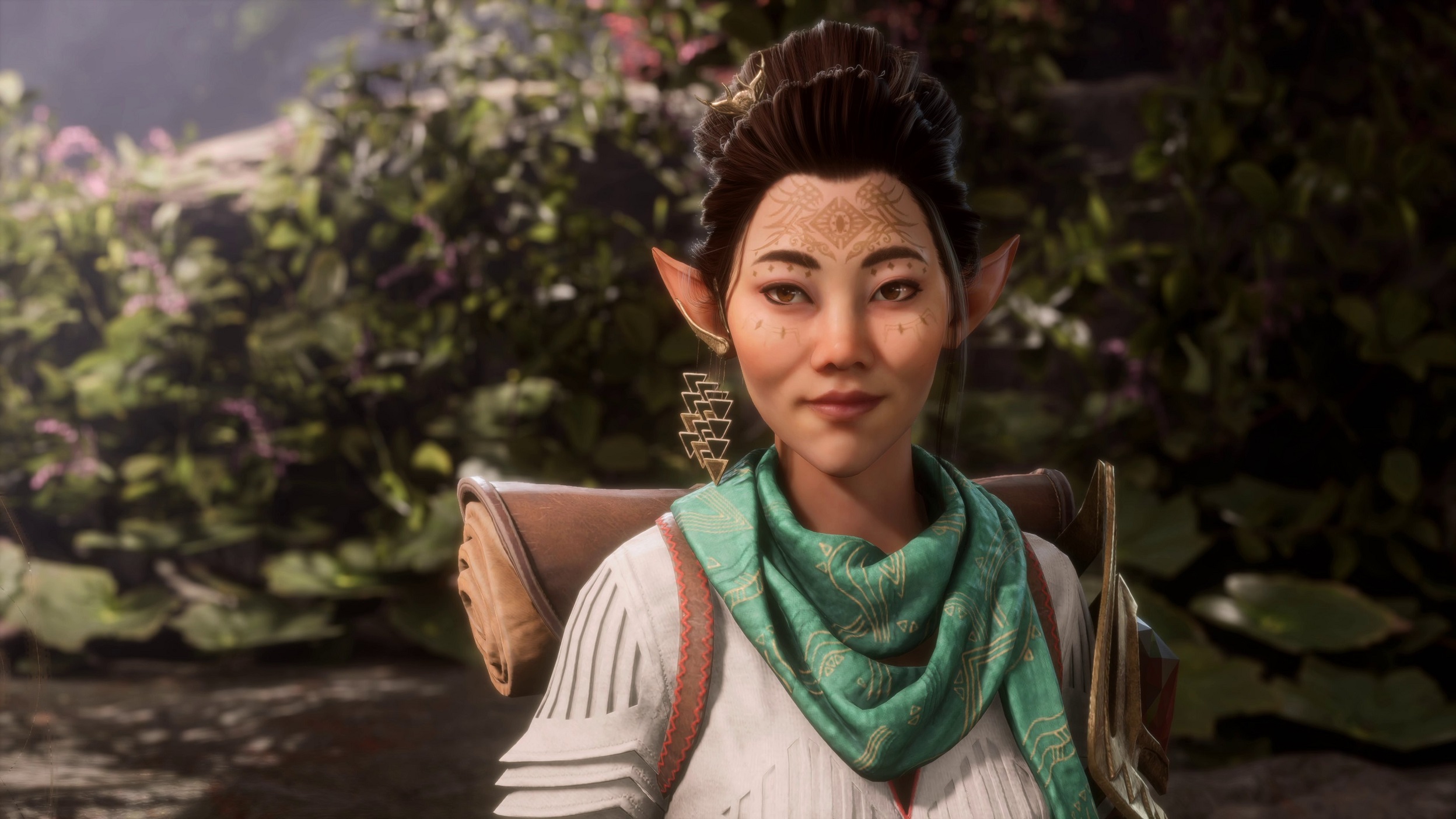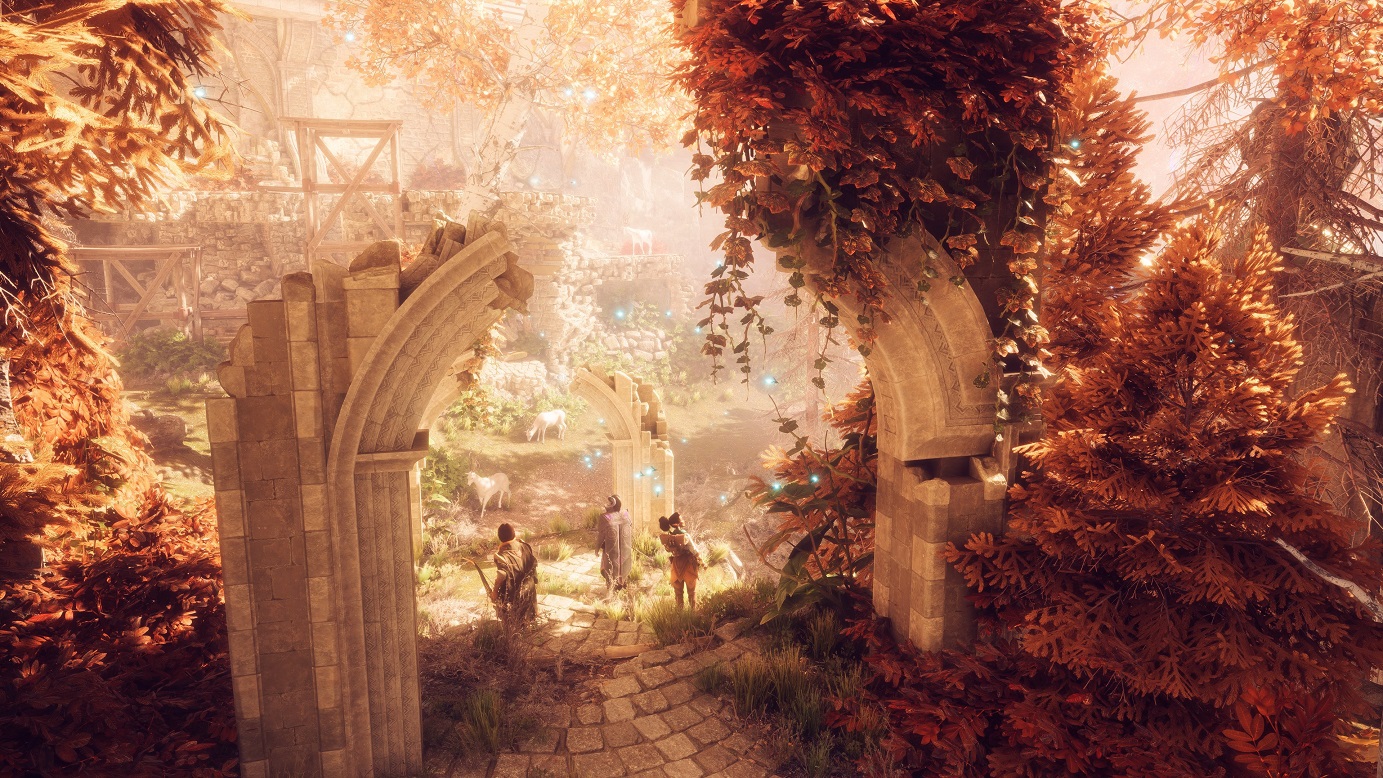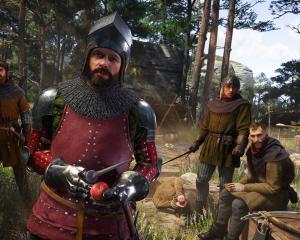

This is, depending on which side of the fence you sit, either one of the best games of the year or one of the worst.
It is an RPG of the finest order or an RPG abomination. It works, or it doesn’t work. It’s a glorious continuation of the Dragon Age franchise or a scandalous departure from the series after a 10-year hiatus. It’s a pleasingly progressive game for the modern world or it is nothing but "woke propaganda". It is 10 out of 10 or it is lucky to get a 1.
Ye gods. How did we come to this? Is there no way to just, you know, kinda enjoy a game without filing it into one of two disparate categories?
The truth — my truth, to use the phrase so beloved of the younger, wokier generation — is that Dragon Age: The Veilguard is a pretty fun game that looks nice, plays smoothly and does a lot of things really well. That’s it.
Yes, to tackle the topic that has set the internet aflame since the game’s release, it includes some very modern ideas about gender fluidity and pansexuality and that is all I will say about that. It’s a video game, people.
Veilguard is the fourth entry in the Dragon Age franchise, delayed to the point it is a full decade since Inquisition.
Back we return to the mythical world of Thedas to step into the shoes of a protagonist known as Rook, a highly customisable character hired by Varric, the rogue who featured in both the previous two DA games.
Your familiar choices are to be a human, dwarf, elf or Qunari — big, strong fellas with white hair and metallic skin — and assume the class of warrior, rogue or mage, along with a backstory linking you to one of six factions. This is not reinventing the wheel, obviously, but there’s enough variety in there to appeal to those who favour different playstyles.
Your goal is to help track the big baddie, the Dread Wolf, otherwise known as Solas, and now (stay with me) known as Fen’Harel, the elven god of betrayal and rebellion.

RPG aficionados lap up the complex lore of a game like this. This old gamer tends to glaze over a bit at the intense cutscenes and drawn-out storytelling, and look at simply how the game plays.
And it’s fun, as I said. Critics have argued Veilguard is a bit dumbed-down from previous titles, pointing to the move to real-time combat rather than the turn-based system beloved by real RPG geeks. Too like Mass Effect (Bioware’s other popular series), they say.
But simple does not mean ineffective. Combat is quick, satisfying and enjoyable, and as challenging as you want to make it.
Some have also lamented the linearity of this game but, again, it’s about what sort of playing experience you are after. Not every game needs to be truly open world, and I had no problem with Veilguard holding my hand and letting me know exactly where to go on the map.
As with most Bioware titles, gathering and utilising companions is a core part of gameplay. They are limited to two, but you eventually have seven to choose from, so building a squad with complementary combat abilities and special skills is a big part of the game. So, if you wish, is romancing them — any of them.
Dialogue choices are again a major component of the game. There is plenty of cringeworthy stuff here but there is also humour and a general sense that your decisions have a fair bit of meaning.
Modern advances in technology mean the newest Dragon Age is naturally the best-looking, and some of the visuals are just spectacular.
Veilguard has clearly not found favour with everyone. And that’s fine. But if you like a robust action RPG with plenty of hack-and-slash, spellcasting and exploration, it is a fair effort.













